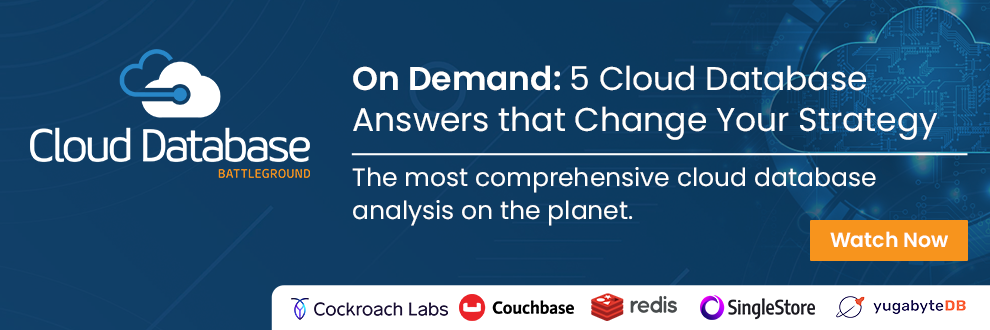
Nowadays, it’s obvious that we are dominated by data in every profession or every duty, even on a personal basis. We use data to do everything. It’s necessary to analyze more data every time not just to make decisions, but also to understand the overall trend of everything. So, analyzing data is becoming the most needed and critical skill regardless of any profession or any job to do.
In one of my previous articles Today’s Data-Driven Businesses May Force You to Become a Data Scientist, I make a reflection by describing the trends observed in the corporate world. As we look closer, this is becoming a consolidating reality.
From financial services to marketing, from accounting to business operation, from legal services to human resources, from engineering to logistics, from manufacturing to sales operations — and we could keep adding more, of course-; regardless of the job or the function, absolutely everybody needs to analyze data to do their job.
Further, everybody has more data every month, every quarter, and every year. Traditional spreadsheets are no longer the right tool for analyzing a growing amount of data to do the same job. Each professional requires better tools and better techniques to analyze more data. Fortunately, those tools and techniques exist and are available to every user; what is missing here are the skills to use those tools and techniques.
The Overall Situation: the Need for Data Literacy
Based on the above, there is an angle, within our society, that hasn’t been very well covered within the last decade: data analytics within formal education. The education system is lacking dramatically in terms of data analysis, especially in modern techniques — there is a lack of literacy on data analysis for any specialty or any profession.
Today, every professional needs to be educated in using the many tools and modern techniques in data analysis. However, it’s not covered in high school. Even worse, it is not covered in college as part of the learning curriculum of any degree, with the exception of technical degrees or post-graduate/master’s degrees.
So, any professional who has obtained any degree, if they’re planning to enter the labor market, must continue educating themselves with a post-graduate or master’s degree in data analytics, business intelligence, or artificial intelligence. Often, recent graduates have better education choices with parallel education provided by large corporations (IBM, Microsoft, Oracle, SAP, SalesForce, and many others) or companies specialized in upskilling people into data analytics.
Given this scenario, the professional must connect the dots and understand after being upskilled in these tools and techniques how to apply that technical knowledge to its job or function. This takes time because it requires a lot of experimentation, creativity, and resource availability (and real data to experiment with). The application of those data analysis skills is not considered a natural and integral part of the job, as it has been acquired during the degree process of the professional leaving a weak foundation of data analysis that has to be filled by the moto and willingness of the individual once it faces reality.
The Core of the Problem
There are many challenges and problems that bear this situation, but among them, the slowness of formal education — everywhere in the world — to adopt those skills as a natural component of the learning curriculum is a big problem.
The underlying cause could be several reasons:
- Learning curriculums are outdated in terms of technical skills around data analysis.
- Lack of educators and professors with those technical skills.
- Assumption of data analytics as purely ‘technical knowledge’ and must be taught within technical specialties.
Perhaps one is the consequence of the other, but in my experience as an educator, it is what I see the most.
Final Thoughts
Yes, the world is facing a large shortage of talent in every profession everywhere, but the shortage is even higher in educators and professors who are capable to teach data analytics applied to any profession. This is very difficult to find and it is going to take time to adapt everything from the roots: education.
The overall trend happening now is that when a professional with experience, who is mature enough in their field, gains those technical data analytics skills, they become the best educator possible. Let them educate the new coming generations of professionals and graduates who will shape the future.







